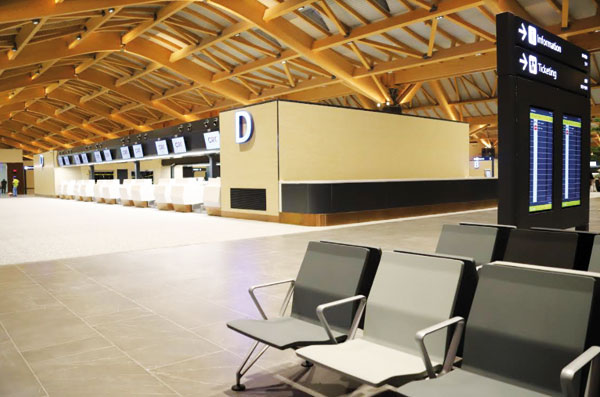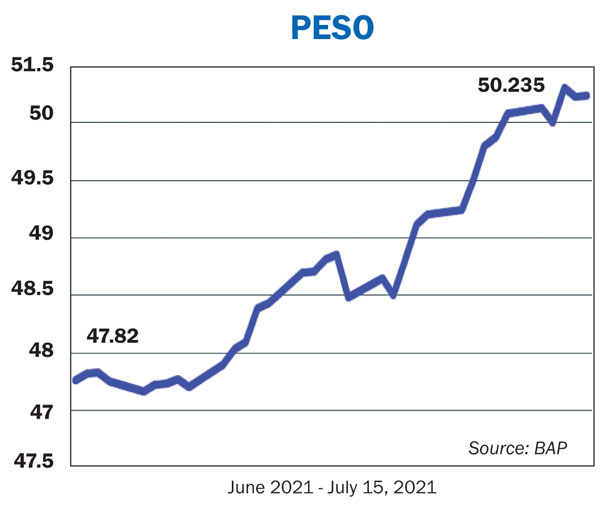The Bureau of Customs (BOC) various initiatives — development and employment of information and communications technology systems, full implementation of the National Single Window and the establishment of Customer Care Centers, among others — have led to an improved performance of the Philippines in trade facilitatio despite the challenges brought by the pandemic.
The Philippines posted a score of 86.02 percent in the implementation of trade facilitation measures in 2021, ranking third among 10 other Southeast Asian nations based on the latest Global Survey on Digital and Sustainable Trade Facilitation of the United Nations (UN), the BOC said in a Facebook post
Singapore tops the list with a rating of 95.7 percent followed by Thailand with 87.1 percent.
“A lot more is expected to be attained with the realization of the Philippine Customs Modernization Program launched last March 26,” the BOC said.
“The BOC commits to relentlessly work on ways to achieve a customs administration that is world-class and at par with global standards,” it added.
The UN global survey on trade facilitation covers 143 countries and is produced every two years.
The 2021 result for the Philippines is significantly higher than its 80.65 percent score in 2019 prior to the pandemic, as well as the 65 percent global average implementation rate of trade facilitation and paperless trade measures, and the 74.29 percent average trade facilitation rating for the whole of Southeast Asia, the BOC said.
Five categories were taken into account under the global survey: transparency, formalities, institutional arrangement and cooperation, paperless trade and cross-border paperless trade.
The Philippines maintained its 100 percent scores in the transparency and formalities categories, and greatly improved in institutional arrangement and cooperation at 77.78 percent from 55.56 percent in 2019, the BOC said.
In the cross-border paperless trade category, the Philippines got a score of 61.11 percent from 55.56 percent, and 85.19 percent from 77.78 percent in the paperless trade category.
Meanwhile, the BOC said in a separate statement over the weekend that it seized more than P33 million worth of Philippine and foreign currencies since 2020.
The seized currencies originated from Asian countries such as Malaysia, Singapore and Japan, and from the United States of America, particularly North Carolina, New Jersey, Tennessee, Colorado and California. – Angela Celis





